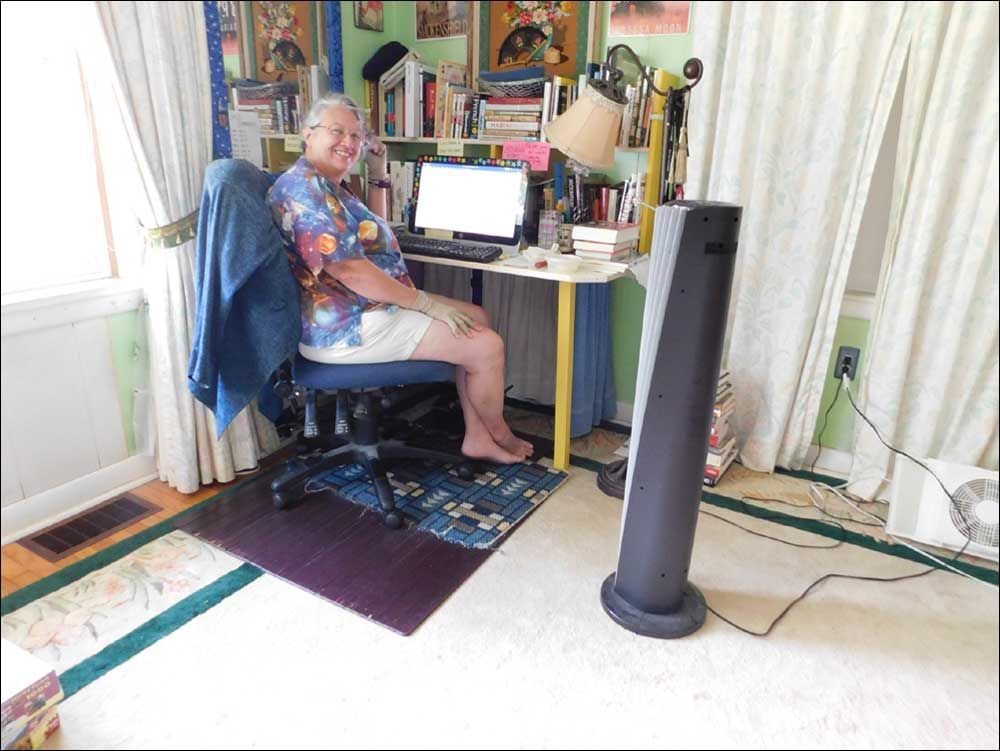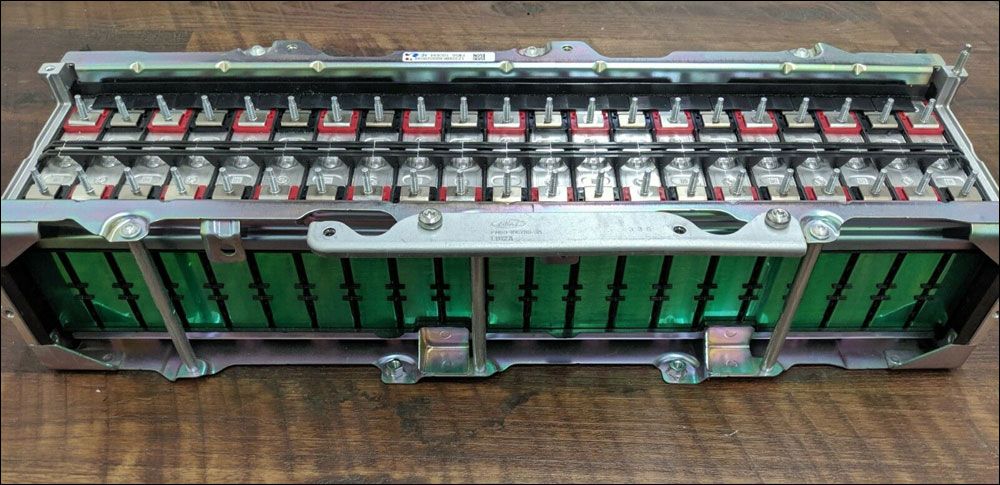
This is a guest post by Andy Dwelly.
@adwelly
I've recently had the pleasure of re-reading John Michael Greer's Retrotopia novel, a description of life during the early part of the Long Descent in the Lakeland Republic. The Republic is one of the successors to the United States, that in the novel has broken up around a quarter of a century prior to the story. Centred around its capital of Toledo, the Republic has been forced by circumstances to face the reality of the end of the American Empire and declining energy supplies rather sooner than its neighbours. It must be said that they've made a pretty fair fist of things, and the novel itself is at heart a thoroughly optimistic one.
In between the descriptions of clothing, fashion, transport, newspapers, business law, and food, there's an occasional mention of coffee - but not the particular style of coffee that I drink, which is espresso. Espresso in its current form was discovered in 1948, but it evolved from a series of patents that were attempts to reduce the brew time of a cup of filtered coffee. In '48, the owner of a cafe in Milan called Achilles Gaggia invented a machine that pushed water through a puck of finely ground coffee at much higher pressure than was usual for the period. This had the effect of releasing a carbon dioxide foam from the beans that floated on the surface of the resulting tiny drink. In a stroke of maketing genius, he called this foam 'crema' and the result was pretty much an instant hit throughout Italy. A good espresso combines intense coffee flavour with a relatively syrupy texture and the natural caffeine kick, but if it's done right avoids both bitterness and acidity. Actually achieving that goal in a simple espresso takes some practice.
Espresso also makes an ideal basis for milk coffee drinks because the small size of the espresso shot will not dilute the natural sweetness of the milk. Both kinds are widely available in Europe and in the UK in both urban and rural cafes, but of course the cost of regularly buying a few speciality coffee drinks from an independent cafe or a chain soon mounts up. Lots of people have machines at home that attempt to make espressos and the lockdowns introduced in the wake of COVID-19 can only have accelerated the takeup of home machines.
I was in the process of moving house as the leading edge of the pandemic hit the UK, and the large shed at the top of my new garden got repurposed as a temporary office with power and internet. At this point, life furnished me with an example of almost Retorotopian diminishing returns.
I didn't have a home espresso machine and when I was given a gift certificate at a well known UK department store I jumped at the chance to acquire one. Modern home espresso machines are very high tech indeed. I got an entry level Sage (Breville in the US) Duotemp, it has a built in water filter, a high specification pump, a steam wand for people making milk drinks, and a great deal of electronics inside to make this all work. I should say right off the bat that it does work, the problem being that the particular machine is quite inflexible about timing, temperature, and pressure. This means that getting a really good espresso in the morning becomes a bit of a hit or miss affair, if the particular beans you are using are something like the sort of beans this machine is preset for, then all's well, otherwise the results can be a bit disappointing; to be fair Sage makes far more capable machines as well.
There's no doubt as to the internal complexity of these and similarly specced machines, they need regular cleaning, descaling, and backflushing to remove old oils and coffee grains that have gone astray, and there's no doubt that I live an a peculiarly hostile environment for such an appliance. I use them least twice a day, every day, and I live on a chalk down and the water out of my kitchen taps is unusually hard. Sooner rather than later a job would come up that I was not capable of, and it would have to go back to the manufacturer for maintenance.







